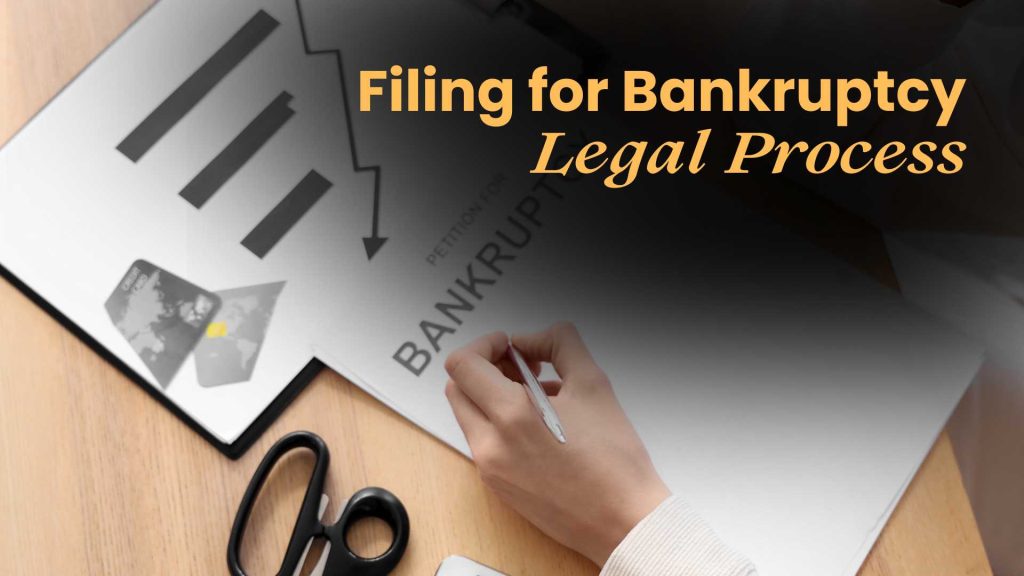
Facing Financial Hardship
While everyone has financial challenges, those without jobs or attempting to make ends meet more so. Although managing debt in trying conditions can be intimidating, there are legal and financial techniques to enable you to take command of your money.
This is a thorough walk-through manual on debt management in tough financial circumstances.
1: Examine your financial circumstances
Think through your financial situation before making any decisions:
- List all of your debts—loans, credit card debt, past-due invoices included.
- List simple expenses including rent, utilities, and groceries.
- Figure any income you currently have: side incomes, savings, or unemployment benefits.
2. Sort Essential Spending
When money is tight, give your basic living expenses top priority above debt including credit cards.
- Rent or mortgage payments.
- Utility receipts covering water, power, internet, etc.;
- Food and medical expenses
- Pay off of insurance
Ignoring these fundamentals in favor of debt payments could cause a more unstable situation.
3. Speak with creditors
Working with you appeals more to lenders and creditors than depending on collections. Should you find yourself struggling to pay:
- Tell your creditors early on about your situation.
- Ask about choices including temporary hardship programs, lower payments, or deferment.
- Discuss lower interest rates or longer loan terms for payback.
Many of your creditors give deferment or payment arrangements to help you survive.
4. Consider Government Support System
Your location will define your eligibility for government programs offering financial aid, including:
- Unemployment benefits help rebuild lost income during job search.
- Programs for rental assistance — Helps avoid homelessness connected with financial problems.
- Food assistance (SNAP, food banks, etc.) assures your capacity to meet basic needs.
- Medical assistance programs – covers personal medical needs for those in poverty.
Researching these decisions will free money to help with debt management.
5. Look at debt relief programs
You have numerous legal options to either manage or reduce your debt load:
- Combines many debt into one lower-interest payment under Debt Consolidation.
- Negotiates with creditors to pay off debt by reducing the total due.
- Credit counseling offers professional help along with debt management strategies
Last Resort: Bankruptcy – If debt is unmanageable, chapter 7 or chapter 13 bankruptcy can help; but, it has long-term consequences.
6. Stop Debt Collection Harassment:
If debt collectors are phoning aggressively, bear in mind that consumer protection laws—like the Fair Debt Collection Practices Act (FDCPA) prevents: Harassment, threats, or dishonest techniques.
Calling you at odd hours; calling your business without authorization
Should you be harassed; you could contact the Consumer Financial Protection Bureau (CFPB) or seek legal advice.
7. Search for Extra Money
If at all practical, think about:
- Gig work (writing, driving, teaching, etc.), freelancing,
- Selling weird items for quick cash
- Searching for remote work possibilities;
- Applying for part-time or temporary jobs
Even small financial sources will enable you to subsist till you land full-time employment.
8. Consult Professionals As Needed
Should your personal debt management seem to be too challenging, consider consulting:
- Nonprofit credit counselors provide either free or low-cost financial guidance.
- Legal aid organizations offer assistance should you find yourself sued for debt.
- Personalized debt reduction strategies are developed in part by financial advisers.
Conclusion
Dealing with debt when unemployed or under financial pressure is hard, but early action can help to prevent matters from becoming worse. Giving expenses first priority, speaking with creditors, considering relief programs, and consulting experts will help you be more suited to negotiate challenging situations.
Remember that financial problems are transient; with the right strategy, you will progressively bring your financial stability back.


